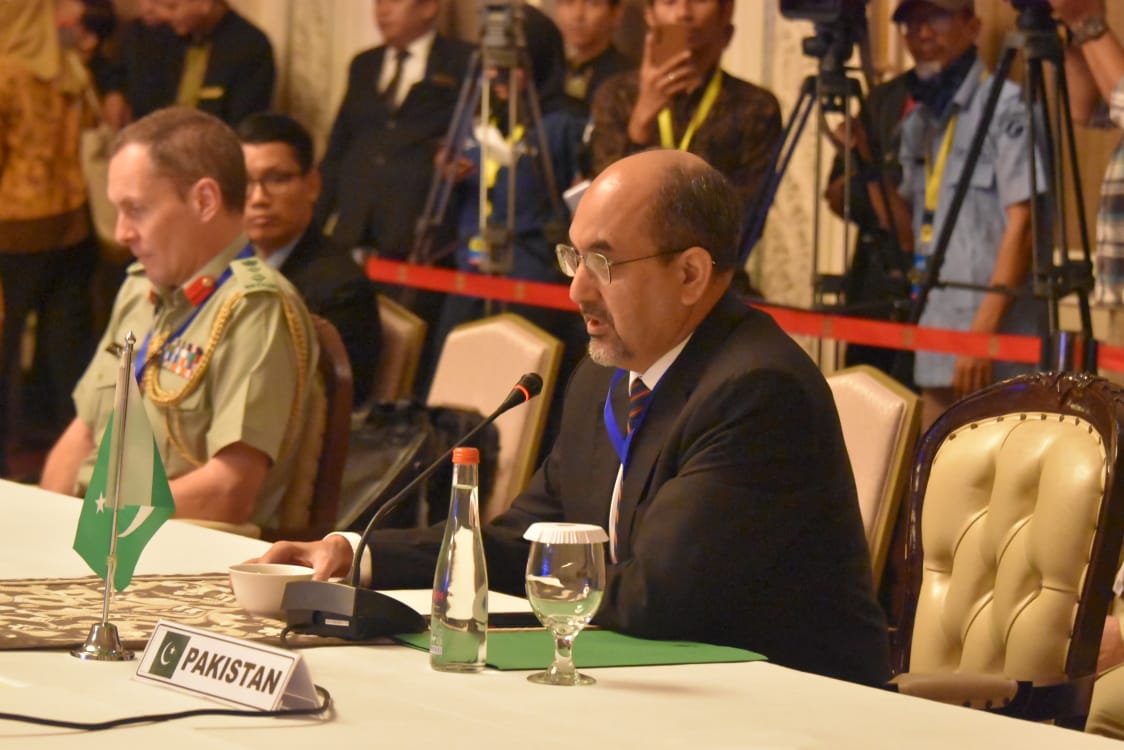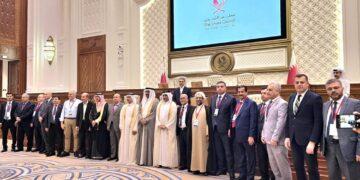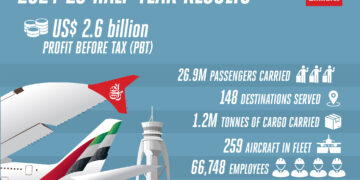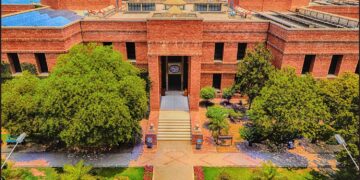Jakarta: The 20th ASEAN Regional Forum Security Policy Conference was held in Indonesia. The conference was attended by representatives of 25 of the 27 member countries of the ASEAN Regional Forum (ARF) consisting of 10 ASEAN Countries and 8 Plus Countries and 9 other partners. Pakistan’s delegation was led by H.E. Muhammad Hassan, Ambassador of Pakistan to Indonesia, Timor-Leste, and ASEAN.
Under the theme “Navigating a Bright Future for Sustainable Peace, Prosperity, and Security”, the conference focused its discussion on three issues namely, contemporary and future regional and global security challenges; regional cooperation to support the blue economy and mitigate the impacts of climate change; and measures to build mutual trust to maintain peace, prosperity, and security in the region.


Speaking at the conference, Ambassador Muhammad Hassan stated that global security was more threatened than ever in the contemporary world. Non-traditional security threats, such as poverty, inequality, uneven social development, environmental degradation, and climate change, compounded the traditional global security problems. Furthermore, poverty, inequity, and injustice foster extremism and terrorism, making sustainable development goals a distant dream. The Ambassador stated that as a member of the ARF family, Pakistan shares those concerns. Pakistan strives to contribute constructively to global and regional agenda-setting, policy formulation, and normative developments to address these challenges. It also strives to be a leading voice on issues of sustainable and equitable development, climate change, debt relief, illicit financial flows, maritime security, and peacekeeping.
Referring to the scourge of global terrorism, the Ambassador stated that for the last two decades, Pakistan had been one of the most vulnerable victims of terrorism. It had fought a protracted war against and won it but at a staggering cost of 80,000 lives and more than US$150 billion of economic loss. He stated that the international community had an abiding responsibility to protect terrorism victims. As a result, it must act against terrorism without letting political expediency and real politics dictate its actions. The international community should also address the root causes of terrorism and above all, state-sponsored terrorism, especially in areas under foreign occupation.
As regards the blue economy, the Ambassador stated that Pakistan hosted the most favorable conditions for blue economic growth and had massive untapped potential for it. Pakistan’s Blue Economy mostly depends on marine transport through Port Qasim, Karachi Port, and Gwadar Port, the last being providing the shortest maritime routes to western China, Afghanistan, and Central Asian Republics (CARs), promoting regional cooperation through sea-route connectivity. He further stated that Pakistan also had the potential to develop the fishing industry, boat building, and ancillary industries. Apart from enormous potential for fossil fuel extraction, Pakistan’s coastline, and the ocean itself also had renewable energy resources. This includes wind power, solar power, and hydropower.
Referring to the threat posed by climate change to the world, the Ambassador stated that Pakistan was among the top ten countries impacted by climate change. In 2022, Pakistan faced floods of epic proportions, the most dreadful manifestation of a climate-induced disaster. Over 33 million people were affected across the country. Loss of life, livelihood destruction, and critical infrastructure destruction are also devastating. He urged the international community to take action on global climate action to mitigate its negative impacts before it was too late.
















